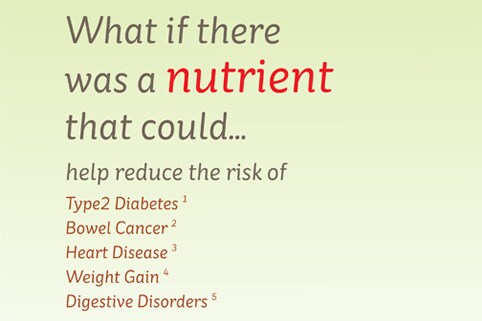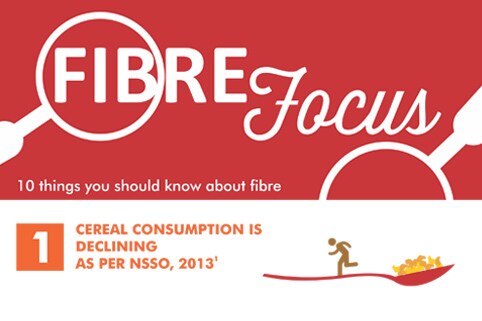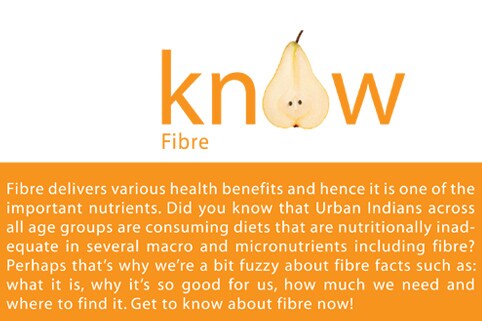Fibre
Fibre is an important part of a healthy diet. From healthy hearts to happy outlooks, dietary fibre helps keep the digestive tract in good working order, can help reduce high blood cholesterol and manage weight and keep blood sugar levels stable.
Research shows that diets rich in whole grain foods are helpful in reducing the risk of many lifestyle diseases. However, as beneficial as they can be, it is vital to select foods with whole grains, which are also a good source of fibre. The reason being that many studies have shown that the fibre content may be the main driver for many health benefits associated with eating whole grains.
The importance of dietary fibre is well recognized. Evidence from prospective cohort studies demonstrate that a diet high in fibre may reduce the risk of developing type 2 diabetes and heart disease, as well as bowel cancer, breast cancer1, gallstones2, diverticular disease3 and weight gain4.
Yet, emerging evidence now suggests that the type of fibre should be of greater interest to health care professionals. And based on the totality of scientific evidence, cereal fibre appears to be the most important fibre type to demonstrate the strongest risk reduction. Cereal Fibre Factsheet provides details on the ability of cereal fibre to reduce the risk of developing many lifestyle diseases.
It is, therefore important to educate people on importance of fibre through through a downloadable Infographic Fibre Focus and on the basics of fibre and where to find it through Know Fibre Handout.
Most of Kellogg’s cereals contain fibre. Kellogg’s® All Bran® Wheat Flakes is one of the best sources of fibre and wheat bran is proven to support regularity and promote digestive health*. The same goes for delicious Kellogg’s® Special K® Protein and Fibre - one of the tastiest ways to enjoy fibre and whole grains. Kellogg’s® Oats are also great source, which provides beta glucan, the fibre that is known to support heart health by stimulating cholesterol breakdown**. Other cereals like Kellogg’s® Muesli and Kellogg’s® Chocos® also provide fibre. The fibre content of all Kellogg’s cereals is on the nutritional information panels on the packaging.
Dong JY, et al. Dietary fiber intake and risk of breast cancer: a meta-analysis of prospective cohort studies. Am J Clin Nutr. 2011; 94(3):900-5. Méndez-Sánchez N, et al. Role of diet in cholesterol gallstone formation. Clin Chim Acta. 2007; 376(1-2):1-8. Starte LL. Lifestyle factors and the course of diverticular disease. Dig Dis. 2012; 30(1):35-45. Liu S, et al. Relation between changes in intakes of dietary fiber and grain products and changes in weight and development of obesity among middle-aged women. Am J Clin Nutr. 2003; 78(5):920-7.
as part of a healthy varied diet.



